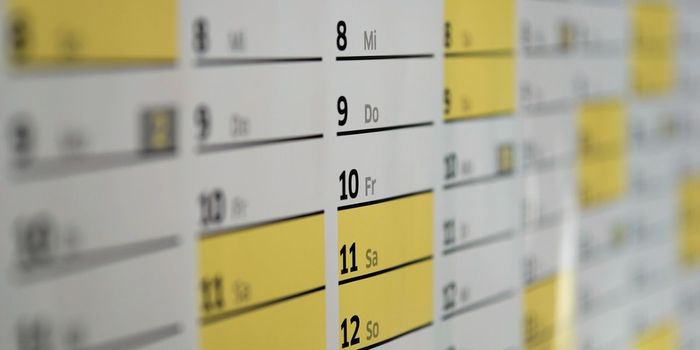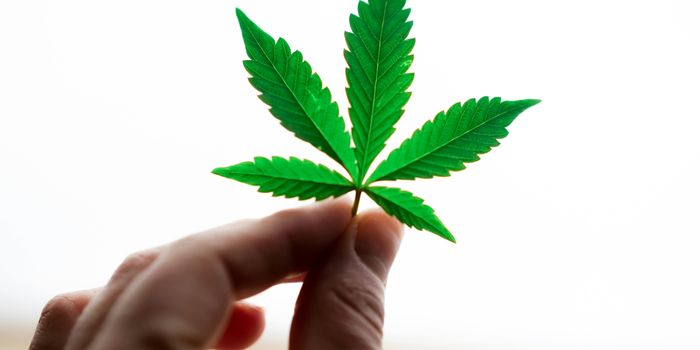Recreational Marijuana Linked to 61% Higher Chance of Daily Opioid Prescription
In recent years, the US has experienced a rapid increase in access to both medical and recreational marijuana. Although some studies suggest that medical marijuana may reduce opioid use, research also suggests that marijuana is not an effective analgesic. In the current study, researchers investigated whether lifetime recreational and medical marijuana use is linked to more frequent and higher-dose prescription use of opioids.
To do so, they analyzed data from 1037 patients who had begun a new period of prescription opioid use lasting 30-90 days. Patients were an average of 54.9 years old. Overall, 44.4% reported never having used marijuana, while 21.3% reported recreational use only, 7.7% medical use only, and 26.6% both recreational and medical use.
Ultimately, the researchers found that compared to never-users, reactional marijuana users were 61% more likely to have a daily opioid prescription. They, however, reported no association between lifetime medical marijuana use or mixed-use and opioid prescriptions. They also found no link between recreational or medical marijuana use and daily opioid dose.
"These results were obtained after controlling for a large number of potential confounding factors including demographics, pain interference, number of pain sites, lifetime depression, vital exhaustion, any SUD, and current smoking," wrote the researchers.
"Importantly, the relationship between recreational marijuana use and daily opioid use was independent of opioid misuse and other forms of substance use disorder, which offers some evidence that a general orientation to substance use problems does not explain lifetime co-use of recreational marijuana and frequent prescription opioid consumption," they continued.
The researchers concluded that screening for reactional marijuana use among pain patients receiving opioid prescriptions could lead to patient-provider discussions about the effectiveness of medical marijuana for pain. They also noted that screening for marijuana use might help identify patients at risk for daily prescription opioid consumption.
Sources: The Journal of Cannabis Research









